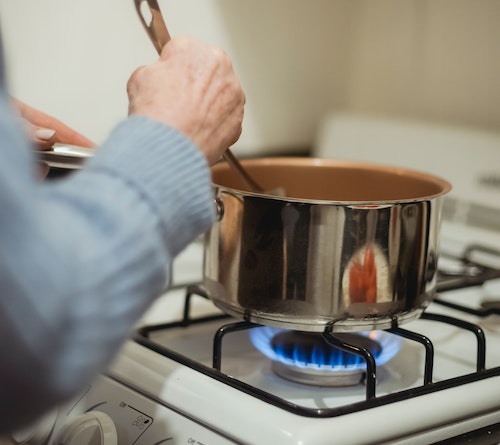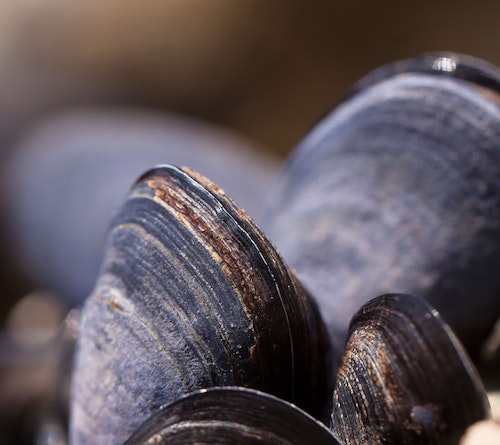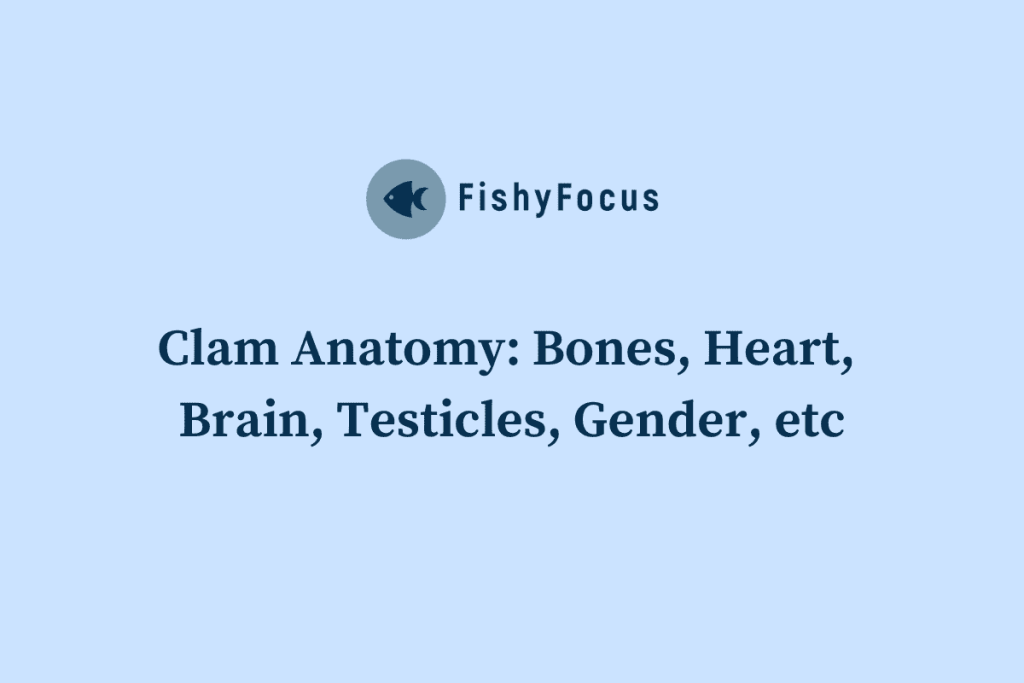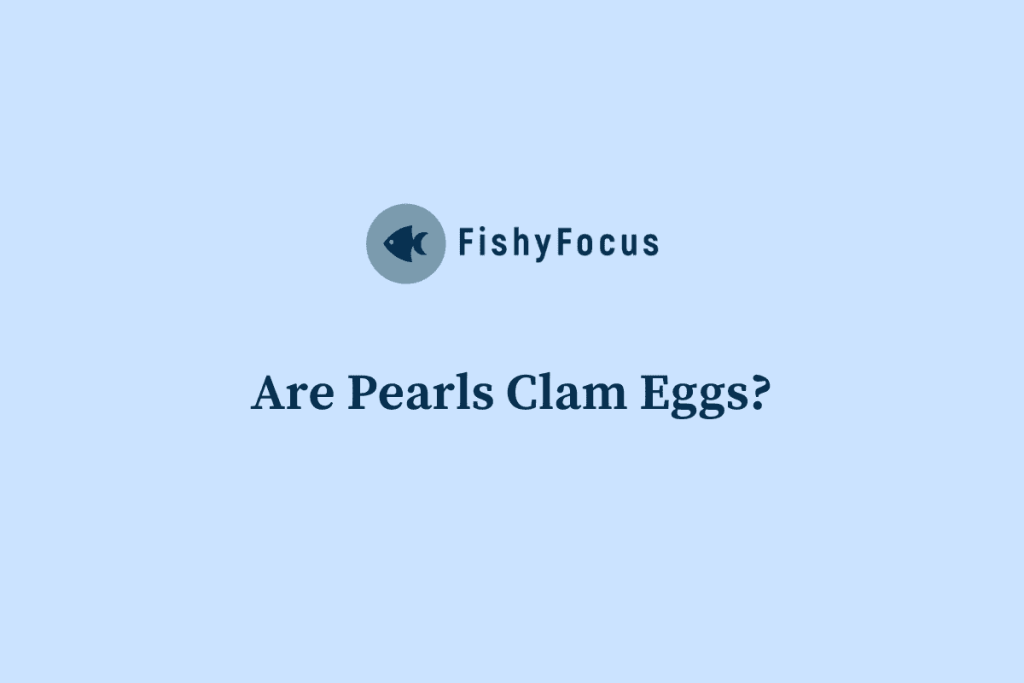Being a vegan you don’t want animals to suffer on your behalf. But since some vegetarians eat bivalves like clams, you are probably wondering if vegans can consume clams and whether clams can feel pain.
We don’t know if clams feel pain so as a vegan, it’s best to avoid eating them. Clams have two nerve masses but they lack a centralized brain to accumulate data for interpreting pain. They do exhibit responses to predators, such as opening and closing, so it’s hard to say for sure that they don’t experience pain.
Keep reading to learn whether clams experience any kind of emotions when they are caught.
Table of Contents
- Can Vegans Eat Clams?
- Do Clams Feel Pain When Opened?
- Can Clams Feel Pain When Being Cooked or Boiled?
- Are Clams Consciousness?
- Are Clams Emotional?
- Can Clams Suffer From Depression?
- Do Clams Feel Pain When You Take the Pearl?
- Conclusion
Can Vegans Eat Clams?
While some vegans do eat clams, arguing that the animals are incapable of feeling pain, this is not technically strict veganism. Vegans do not eat animals, so eating clams is certainly not a strict vegan diet.
That said, it is a popular enough dietary choice that instead of ‘vegan’, these individuals typically refer to themselves as ‘pescatarian vegans’. With a Pescatarian diet, normally seafood is eaten in addition to fruits, nuts, dairy, eggs, whole grains, and vegetables, with a ‘pescatarian vegan’ removing eggs and dairy from the equation.
It is still a bit of a misnomer, but it is the closest terminology that we have until someone coins a new word for this lifestyle, and so the term ‘pescatarian vegan’ is the most common way that clam-eating vegans will identify their dietary choices.
Do Clams Feel Pain When Opened?
Most scientists agree that clams do not feel pain when they are opened or even when they are eaten. Clams, like most bivalves, have no centralized brain and in lieu of a centralized nervous system, they have only 2 ganglia masses of nerves.
The closest thing to brain activity that you will see with them is in response to shadows, and you will rarely see this behavior in captive-raised clams, only in wild ones. When a shadow obscures the light, wild clams will quickly snap shut, opening almost immediately once the predator is no longer blocking the light.
This, however, does not mean that they can feel pain and scientists believe that this limited response, often seen with plants, puts their level of intelligence and pain recognition on par with plants, rather than animals. Without a centralized brain, it is highly unlikely that they register pain at all.
Can Clams Feel Pain When Being Cooked or Boiled?

Clams do not feel pain when you cook them or boil them. If you are preparing wild clams, you may see them close their shells, but this response is at about the same level as flowers and other plants which do the same.
All bivalves have very primitive nerve designs, incorporating 2 ganglia(nerve masses) in lieu of a central nervous system. Their brains are also not centralized and are designed only to process food, regulate internal chemicals, and open and close the shells and this design has been almost unchanged for 510 million years.
They are certainly alive, but about as sentient as your average plant, so the current consensus with most scientists is that they do not feel pain – even when they are cooked or boiled.
Are Clams Consciousness?
Clams have a very rudimentary sort of consciousness, although it seems almost completely focused on avoiding predators, and it’s slightly more than just opening and closing. While there haven’t been many studies, one experiment involved casting shadows over giant clams on a regular basis to see what happened.
The clams, predictably, would quickly shut when a shadow passed by, as well as when their shells were tapped or their soft flesh was actually touched, but what was interesting was that after exposure to a regular assortment of shadows, clams that were NOT touched began opening faster once the shadows passed.
Ultimately, we simply don’t have enough research. While responding to perceived threats certainly indicates at least a very low level of intelligence, it does not necessarily correlate with the pain. Many plants do the same thing and they do not have central nervous systems.
That said, bivalves have been virtually unchanged, with the exception of size, for 510 million years, and so it’s highly unlikely that any consciousness that they have will be much more than a basic, unfeeling drive for survival. Until better testing methods are developed, unfortunately, scientists have no definitive answer – only conjecture.
Are Clams Emotional?
Clams do not feel emotion, at least not in any form that you or I might recognize. Interestingly enough, they do produce serotonin, a mood-regulating chemical, just like most animals and humans do, but rather than controlling their moods, this chemical serves to inform the clam that it’s time to reproduce!
When serotonin is produced in the clam, spawning is initiated, but this seems to be the limit of the serotonin, other than regulating certain bodily functions such as the endocrine system. Sperm motility, and oocyte maturation.
Can Clams Suffer From Depression?

At the Kerala Institute of Undersea Study, a scientist named Dr. Patra Gupta claims that his year study of clams indicates that they are all severely depressed, based upon their responses to the world in general.
Citing that they don’t react to pain, cannot fight back, and most alarmingly, that their secretions are identical in structure to tears at a DNA level, he believes that they have little to no interest in living at all.
Don’t take this as the final word, however, as most scientists believe that clams simply aren’t mentally complex enough to be considered even conscious at more than a plant level.
Without the means of studying these creatures at a more granular level, we can’t be 100% sure, but the current consensus is that they do not feel pain, either of the physical or mental sort.
Do Clams Feel Pain When You Take the Pearl?
Bivalves such as clams do not have a central nervous system and even if they could feel pain, the odds are that they would be quite happy when you remove a pearl. That’s because a pearl, pretty as it is, is really a natural defense for the clam.
When sand or parasites swim into the clam’s open shell and it closes, in order to isolate the intruder, the clam begins secreting layers of conchiolin and aragonite to trap the parasite or offending sand. This builds up layer-by-layer, like making a candy jawbreaker until you have a pearl!
So, when you get down to it, pearls are just there to protect the clam from irritants that manage to get inside of their shells!
Conclusion
Today we’ve answered questions in regard to a clam’s ability to feel pain, and emotion, and modern theories on their level of consciousness. Unchanged for almost 510 million years, the current consensus is that they do not get depressed, feel pain, or get emotional – rather, these ancient creatures likely function at a level similar to plants.
Until we have a more granular and complete way to study them, these hypotheses are the best that scientists can currently offer.
(Featured image by Teona Swift from Pexels)


